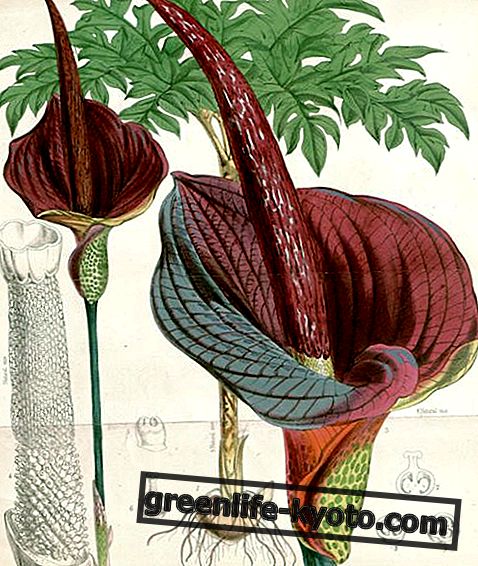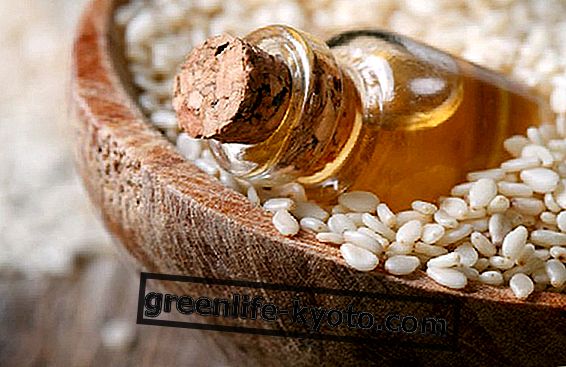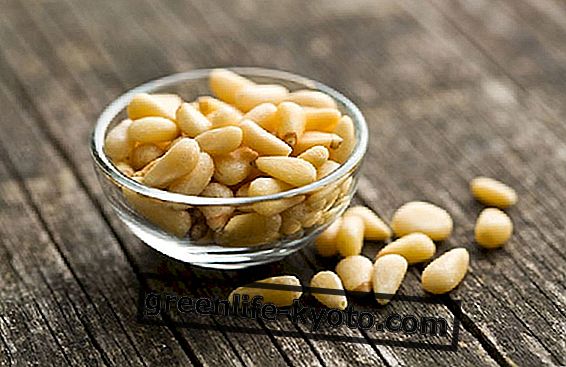
Antibiotics and lactic ferments are ways to defeat infections, but most of the time they are taken in unsuitable ways and this can lead on the one hand to the weakening of the bacteria that make up the intestinal flora, one of the bastions of our defenses; on the other hand it can cause the onset of recurrent infection .
What antibiotics are and how they work
The term " antibiotics " refers to a category of drugs, of natural origin ( antibiotic in the strict sense ) or synthetic ( chemotherapeutic ), able to slow down or stop the proliferation of harmful bacteria . The antibiotics are therefore distinguished in bacteriostatic (that is that they stop the reproduction of the bacterium, preventing the cellular splitting) and bactericidi (that is that they directly kill the microorganism).
Technically " antibiotic" ( from the Greek anti-bios means " against life ") is a substance of natural origin produced by a microorganism, capable of killing another. In the past the use of resins, waxes, molds and herbs and particular medicinal plants was already known in the treatment of infections, in many ancient cultures.
Some harmful effects of antibiotics
Attacking antibiotic therapy or contrasting it with alternative medicines or the many ways in which natural medicine is declined has a relative meaning: both are considered ways to cure and people approach one or the other depending on their path. Of course the first is also the most widespread in the hospital environment, but it is also true that things are changing.
The same doctors study the potential side effects of antibiotics, because by acting on microorganisms, they can attack the good bacteria of the intestinal flora (eubiotics) and give, of consequence, more or less serious forms of gastrointestinal disorders , diarrhea or constipation.
These drugs can also cause allergic reactions, due to individual sensitivity to one or more components; or toxicity at high levels for organs (liver, kidneys, etc.); and finally their abuse can cause forms of antibiotic resistance .
In fact, the inappropriate use of antibiotics has contributed to the emergence of resistant bacteria . Their unsuitable therapeutic use sometimes causes an increase in antibiotic - resistant multi-bacteria and recurrent infection phenomena.
When should you take live milk enzymes?
Antibiotics and lactic ferments
Antibiotics and lactic ferments perform a diametrically opposite action to achieve the same result: the elimination of the infection. Antibiotics act against bad bacteria, while probiotics (from the Greek pro-bios, "in favor of life") enrich the bacterial flora of good bacteria.
In fact, while the former operate through the destruction of infectious pathogens, using the antibiotic action of substances external to our body; the latter instead integrate our good bacteria (eubiotics), hinder the development of many harmful microorganisms, including harmful and putrefactive bacteria, microbes, viruses and fungi, thus preventing their infectious attacks.
The benefits of lactic ferments are manifold, as they favor many vital processes, indispensable for the physiological development of our organism, improving the general state of health; situation that justifies the primary role in the prevention of allergies, the main respiratory and urinary tract infections, inflammatory bowel syndromes and food intolerances, because if the bacterial flora is healthy, the germs are neither able to multiply nor spread.
When we take live milk enzymes in the form of natural supplements, unlike the antibiotics that damage them, we facilitate the reproduction and strengthening of the bacteria that make up the intestinal flora .
Resistant to the digestive action, probiotics are able to "live" up to the intestine and support the gastrointestinal system in digestion and assimilation of nutrients, coming from the diet.
Lactic ferments in fact promote the breakdown of foods, preventing problems, typical of an incorrect digestive process, such as halitosis, meteorism and abdominal pain, induced by irritation of the intestinal mucosa.













